Reserve seats in parliament for indigenous women
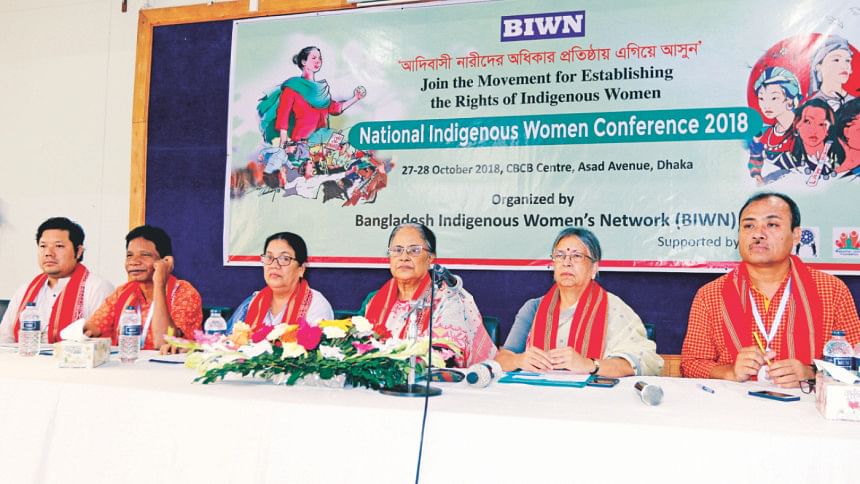
To ensure rights of indigenous women, their representation in national parliament and local government institutions is vital, said speakers at a conference yesterday.
Also, there should be some reserved seats for them in parliament and local government bodies, they added. The speakers also called upon the government to play a pro-active role in this regard.
They were speaking at the fourth national conference of Bangladesh Indigenous Women Network (BIWN) -- National Indigenous Women Conference 2018 -- at CBCB centre on Asad Avenue, Dhaka.
BIWN organised the two-day conference with support from Kapaeeng Foundation, Manusher Jonno Foundation (MJF) and International Indigenous Women's Forum.
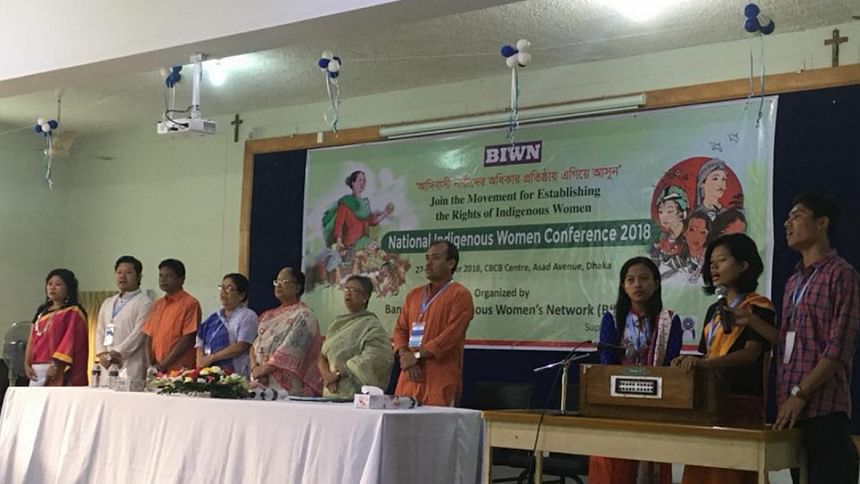
BIWN also placed a 12-point recommendation, urging the government to take stern steps in stopping violence against indigenous women and children, formulate a cell in this regard so that it can report to Parliamentary Caucus on Indigenous Affairs and train women to enhance their leadership skills.
Speaking as chief guest, rights activist Advocate Sultana Kamal said in Chittagong Hill Tracts, indigenous people used to be the majority, but they were made minority through a “process”.
“In other countries, indigenous people are not minorities, they are the majority. It's wrong to call them ethnic minority. Such a wrong title should not be in the constitution,” she added.
Inaugurating the programme, Bangladesh Mahila Parishad President Ayesha Khanam said the government must ensure women's rights. She urged women to be more vocal about sexual harassments.
Jatiya Adivasi Parishad President Rabindranath Soren said there is no reserved seat for indigenous people in the parliament, let alone indigenous women.
Bangladesh Adivasi Forum General Secretary Sanjeeb Drong said indigenous women face discrimination on different levels -- for being an indigenous woman, for being a woman and for being indigenous.
BIWN Convener Minu Maria Mrong said violence against women, especially the indigenous ones, are taking place everywhere.
MJF Senior Programme Manager Evelina Chakma said safety remains a major concern for any indigenous girl. Also, most of them do not pursue higher education due to familial responsibilities, she added.
Kapaeeng Foundation Executive Director Pallab Chakma also spoke at the programme.

 For all latest news, follow The Daily Star's Google News channel.
For all latest news, follow The Daily Star's Google News channel. 

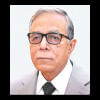
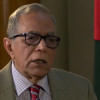
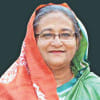

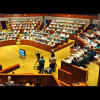


Comments